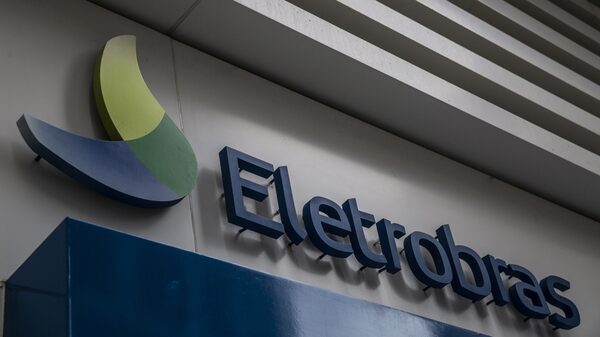Bloomberg — Brazil’s Energy Ministry is working on a bill to privatize state-owned oil giant Petroleo Brasileiro SA (PETR4), known as Petrobras, with the same model the government used to privatize Eletrobras earlier this month, O Globo columnist Lauro Jardim said, without detailing how he got the information.
In taking private Eletrobras, an electric utilities company, the government diluted its stake to less than 50% of voting shares.
For the Petrobras deal, Energy Minister Adolfo Sachsida is awaiting an approval from President Jair Bolsonaro and a favorable political moment, according to O Globo newspaper. The minister estimates that the increase in fuel prices last week may help the bill, the story said. The nation’s congress must also vote on the bill.
Folha de S.Paulo newspaper confirmed that bill is being drafted, and added that government may convert preferential shares to common shares, also diluting the government’s stake.
Petrobas did not immediately respond to a request for comment outside of business hours. The country’s energy ministry also did not immediately comment.
Petrobras increased fuel prices on June 17 in a political setback for Bolsonaro, who is fighting to control inflation in an election year and has called out the oil company for its profits. One day after, the president said that he has support from congress to start a probe into Petrobras and its pricing policies. Petrobras declined to comment on Saturday.
In an earlier Folha article on Sunday, House Speaker Arthur Lira said that Petrobras Chief Executive Officer Jose Mauro Ferreira Coelho is “illegitimate and does not represent the company’s majority shareholder,” the Brazilian government.


